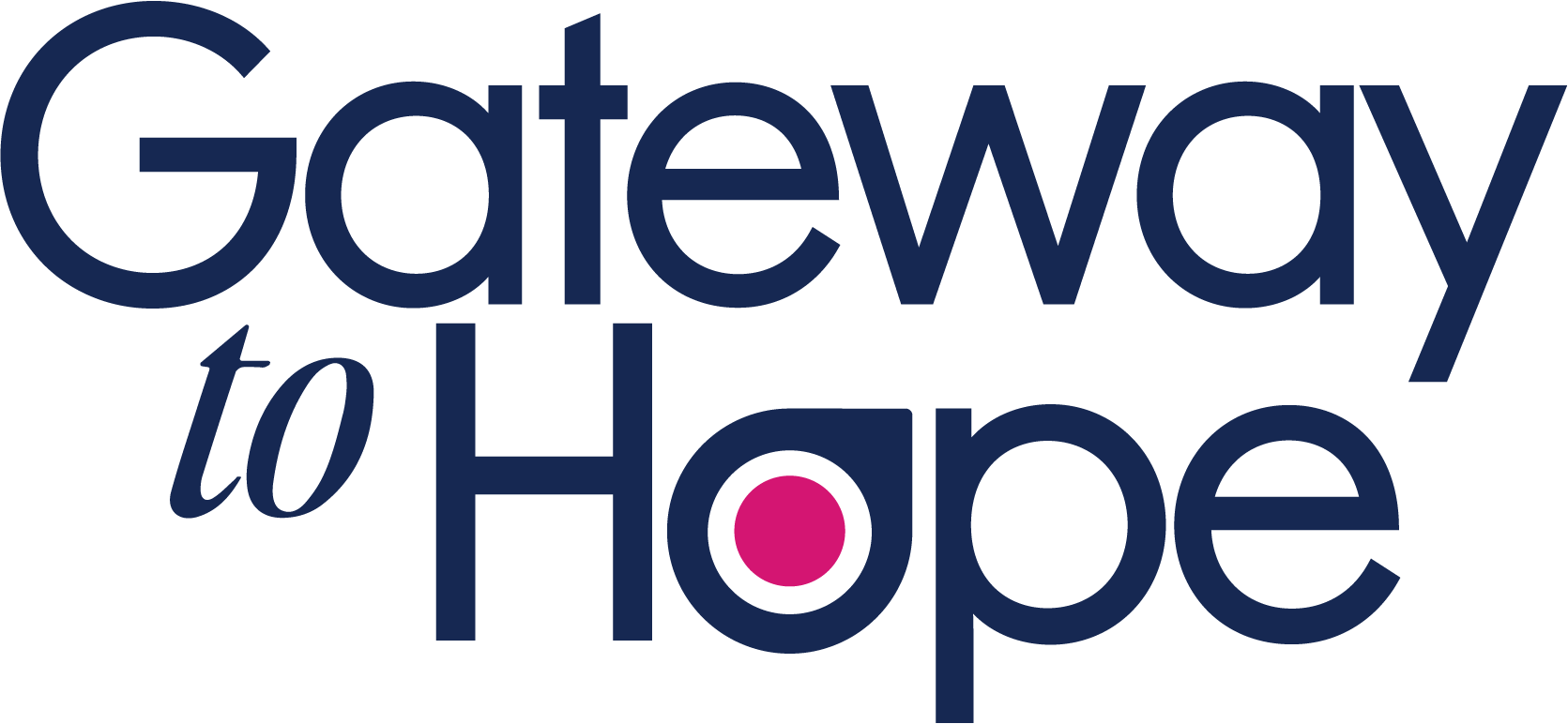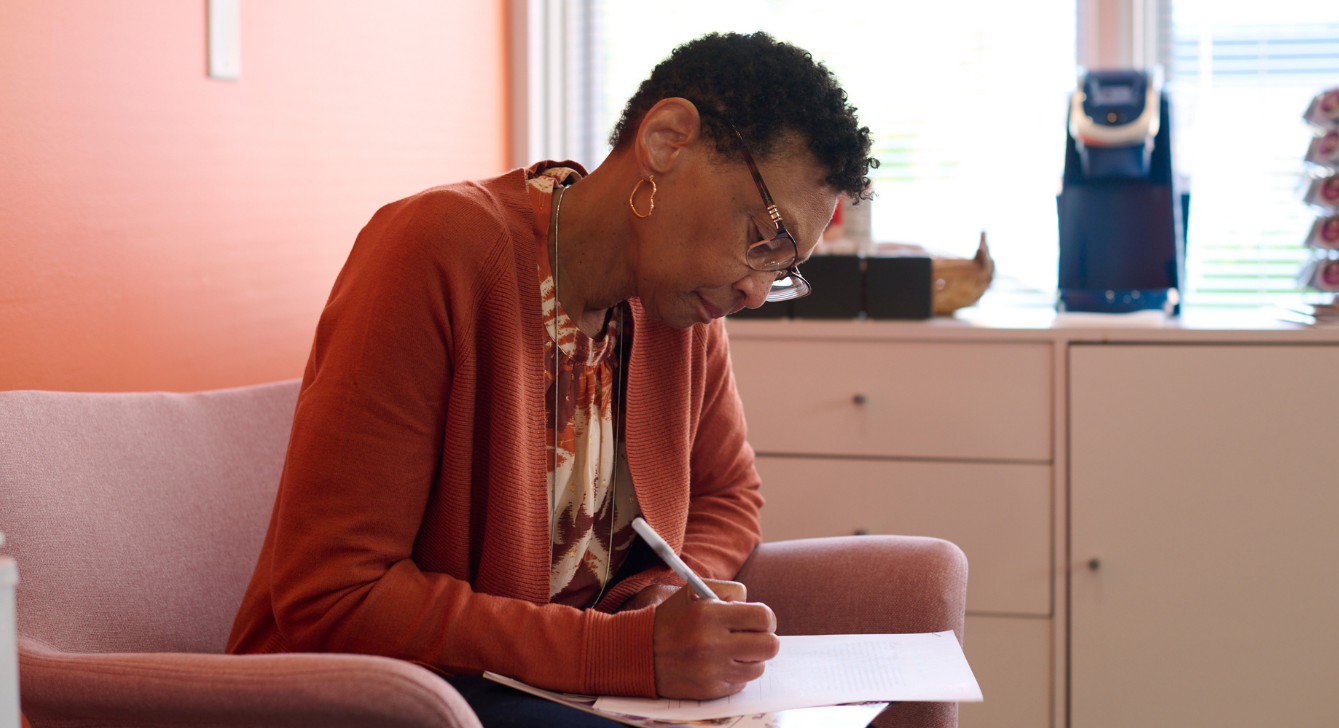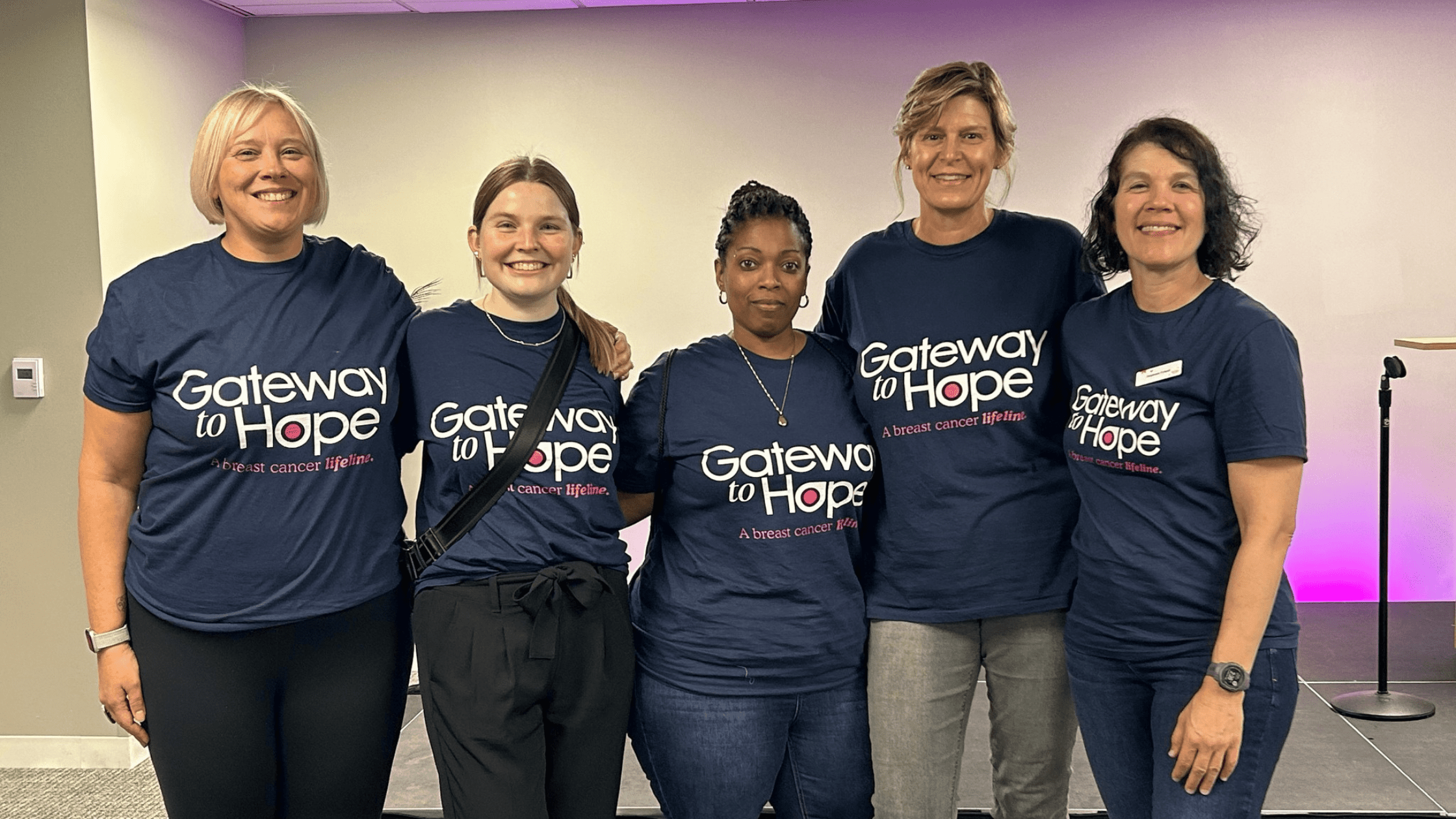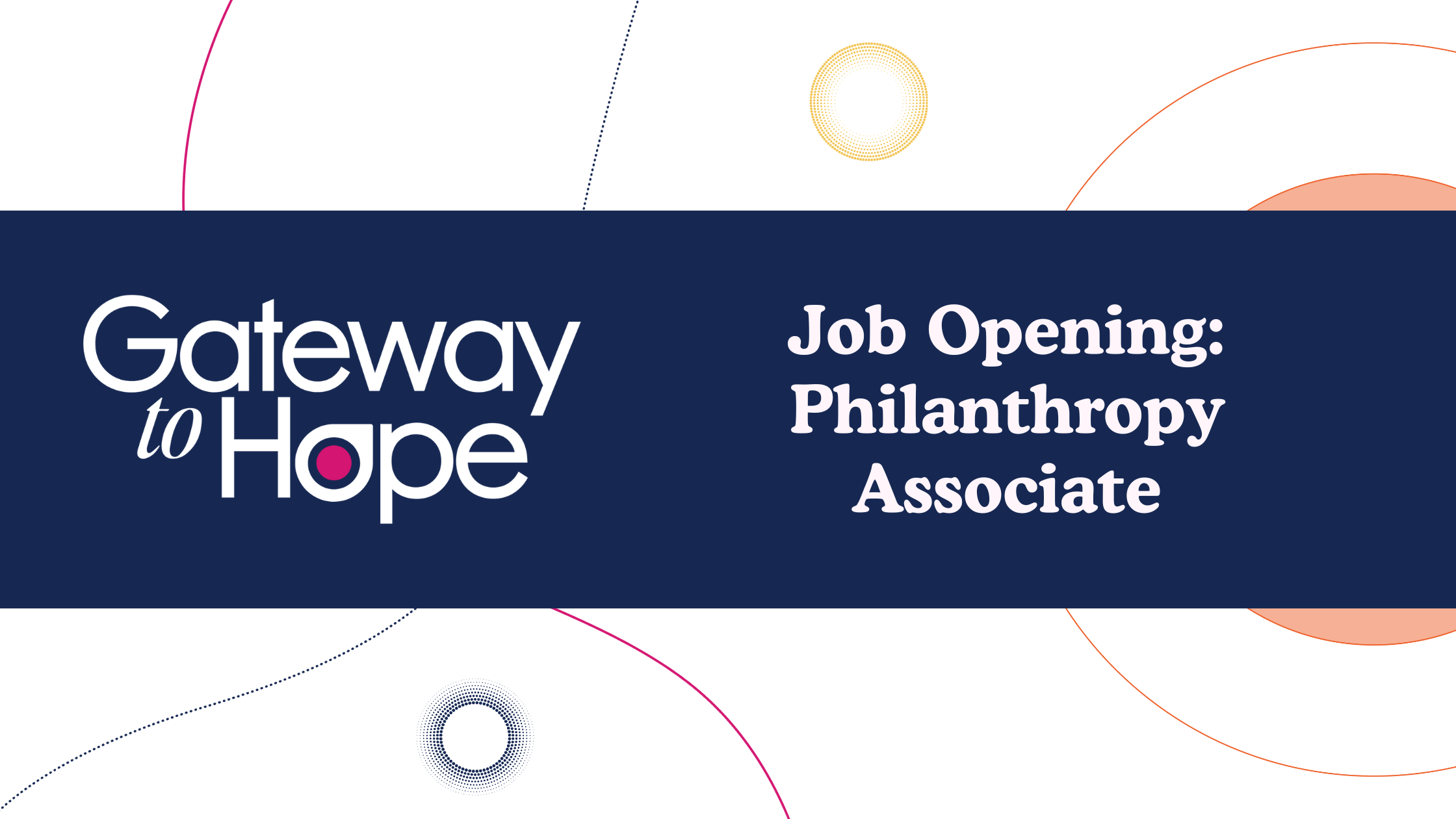A breast cancer diagnosis can be overwhelming, bringing not only physical challenges but also financial and emotional burdens. These non-medical factors often play a critical role in a patient’s ability to access care, adhere to treatment plans, and achieve the best possible outcomes. Addressing these burdens is essential to ensuring that every patient has the opportunity to focus on their health and recovery.
The Financial Burden of Breast Cancer
Breast cancer treatment is often expensive, even for those with health insurance. From the cost of surgeries, chemotherapy, and radiation to prescription medications and follow-up care, the expenses can quickly add up. For many patients, these costs are compounded by indirect expenses such as:
- Loss of income due to time off work
- Transportation to and from treatment centers
- Childcare or eldercare responsibilities
- Specialized clothing and medical supplies (e.g., prosthetics or wigs)
Financial stress can force patients to make difficult choices, such as delaying or forgoing treatment, which can negatively impact their prognosis. Studies show that patients facing significant financial hardship are less likely to adhere to prescribed treatment plans and may experience worse health outcomes as a result.
The Emotional Burden of Breast Cancer
In addition to financial strain, the emotional toll of breast cancer can be profound. Patients often experience feelings of fear, anxiety, depression, and isolation. The stress of managing their illness, coupled with concerns about family and financial stability, can exacerbate these emotions.
Chronic stress and emotional distress can weaken the immune system, disrupt sleep, and impair overall health, making it harder for patients to cope with the demands of treatment. Furthermore, emotional well-being is closely linked to physical recovery, as a positive outlook and strong support system can enhance resilience and improve treatment outcomes.
The Connection Between Reducing Burdens and Better Outcomes
When financial and emotional burdens are addressed, patients are better positioned to focus on their recovery. Here’s how reducing these stressors can improve outcomes.
- Improved Access to Care: Financial assistance programs can help patients afford necessary treatments, screenings, and medications, ensuring they receive timely and appropriate care.
- Enhanced Treatment Adherence: Patients who don’t have to worry about affording treatment are more likely to complete their prescribed plans, leading to better overall outcomes.
- Reduced Stress Levels: Emotional support services, such as counseling and support groups, help patients process their feelings and build resilience, reducing the impact of stress on their health.
- Better Quality of Life: Addressing financial and emotional challenges allows patients to focus on their well-being and enjoy a higher quality of life during and after treatment.
Solutions for Addressing Burdens
Organizations like Gateway to Hope are leading the charge in reducing the financial and emotional burdens of breast cancer. By providing resources, financial assistance, and support programs, they ensure that patients have access to the care they need without the added stress of insurmountable costs or emotional isolation. Key support strategies include:
- Financial assistance for treatment costs, transportation, and daily living expenses.
- Emotional support through counseling, peer mentoring, and support groups.
- Educational resources to empower patients with knowledge about their condition and care options.
- Advocacy for policies that improve healthcare access and affordability.
The Role of Community
Reducing financial and emotional burdens is not just the responsibility of healthcare organizations—it’s a collective effort. Community support plays a vital role in creating a network of care for breast cancer patients. From fundraising efforts to volunteer work, individuals can make a significant difference in the lives of those affected by breast cancer.
Moving Toward Equity in Care
By addressing financial and emotional barriers, we move closer to achieving equity in breast cancer care. No patient should have to choose between their health and their financial stability, nor should they have to face their journey alone. Reducing these burdens ensures that every patient has a fair chance at recovery and a future filled with hope.
A Path Forward
Reducing financial and emotional burdens isn’t just about easing immediate challenges—it’s about empowering patients to focus on what truly matters: their health and healing. Together, through support, education, and advocacy, we can create a world where every breast cancer patient has the resources and support they need to thrive.




